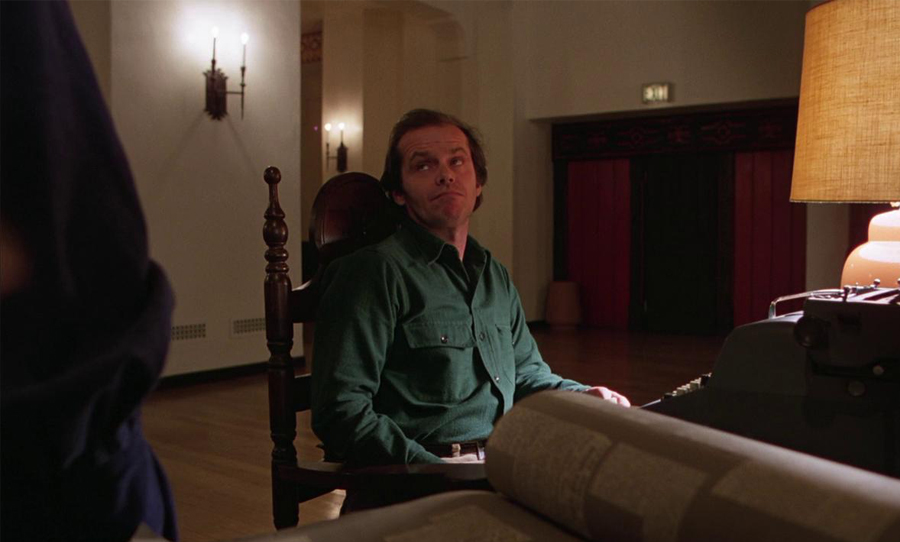A study shows writers hear their characters talk back. 61% say they listen to them.
Research from Durham University and the Edinburgh International Book Festival reveals writers’ experiences with their characters’ voices. The results are varied, complex, and deeply illustrative.

Whilst it might sound odd to have conversations with your characters, a study shows writers do it more often than not.
The study looks into “imaginary companions, inner speech and hallucination-proneness.” The research assesses writers’ interaction with characters and finds vivid imaginative states to be largely beneficial to creativity.
The study suggests the further the character is separated from the writers own inner speech, the easier it is to observe or interact with. Commonly described as “a sense of tension between the character and the plot,” writers often experience an innate awareness of how the character might talk, think, or act.
“It’s like when you see a dress in a shop window and you hear your mum’s voice saying, ‘it won’t wash…’ in your mind,” says an anonymous author.
Characters removed from a writer’s inner self are more likely to act on their own terms.
“There is usually one character (always a central one) who feels like ‘me’ and I experience them from the inside out,” says another contributor. “Other characters I observe rather than inhabit.”
Imaginary companions in childhood demonstrate similar wayward tendencies. Researchers say having an imaginary friend is healthy, likening their sense of autonomy to the character voices above. However, the author must still be able to distinguish where reality ends and fiction begins.
RT @noveliciouss “Writing is a job, a talent…It is the imaginary friend you drink your tea with in the afternoon.” Ann Patchett #amwriting pic.twitter.com/ghR4TwIhk0
— Brian O’Marra (@BrianOMarra) April 11, 2017
The study makes reference to creativity research and cultural stereotypes, which are often associated with psychopathology. But as long as writers aren’t lost in the world of fiction, the academics don’t think deep hallucinatory states are dangerous.
“Hearing voices and other unusual experiences are not in themselves a symptom of a mental health problem,” says Durham Univeristy’s David Foxwell.
“Vivid imaginative states – including losing control of one’s own imagination – [are] a healthy and safe thing which is important for how some people create fiction.”
Besides, musicians have been hallucinating for decades, are they insane? Give The Beatles’ Revolver album another spin and then decide.
Read next: Not everyone has an internal monologue


